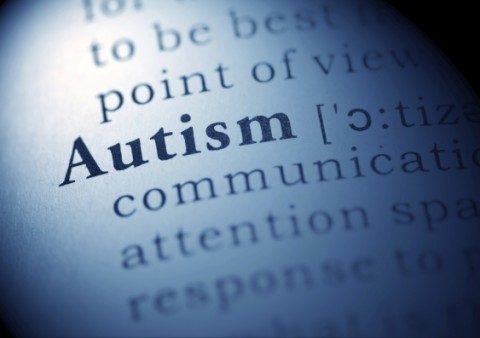
The overwhelming sense of feeling ‘different’ is familiar to many of the 230,000 Australians living with autism. But how does that actually play out as an adult in day-to-day life?
A first of its kind UNSW-led study is aiming to better understand how adults with autism experience their world.
The overwhelming sense of feeling ‘different’ is familiar to many of the 230,000 Australians living with autism. But how does that actually play out in day-to-day life?
A first of its kind UNSW-led study is aiming to better understand how adults with autism live and experience adulthood, in order to enhance their quality of life and wellbeing.
Autism is a lifelong neurodevelopmental disorder which costs Australia an estimated $7 billion annually. Many adults with autism spectrum disorder (ASD) experience a range of social disadvantages including mental health problems, limited community participation and low employment rates.
The Australian Longitudinal Study of Adults with Autism spectrum conditions (ALSAA) is the first Australian longitudinal study to examine the lives of adults aged 25 and over with an autism spectrum condition.
Study leader, UNSW neuropsychiatrist, Professor Julian Trollor says despite growing public awareness there remains a lack of understanding surrounding the experiences of adults with autism, especially middle-aged and older Australians.
“Much of the research into autism has been focused on children and that means that the understanding of the experience of adults with autism is relatively limited,” Professor Trollor says.
“We also know that there is huge variability amongst people on the autism spectrum, so it’s important we better understand the different challenges and strengths of the groups of individuals on the spectrum.
“There is a clear need for more long term studies that look at the progression of autism over an individual’s lifetime, and this study will help fill that need.”
Joint study leader, postdoctoral research fellow, Dr Kitty-Rose Foley says the study will also examine the lives of carers of adults with autism spectrum conditions.
“Allowing individuals living with autism and their carers to contribute to this research will ensure we collect meaningful data to inform health services and guide policy development,” Dr Foley says.
The study is being conducted under the Cooperative Research Centre for Living with Autism Spectrum Disorders (Autism CRC), which is Australia’s first national cooperative research effort focused on autism.
The questionnaire-based study can be completed online or in writing, with an optional follow up questionnaire in two years. The questions cover a broad range of topics including mental and physical health, employment, behaviour, emotions, coping, memory, friendships and use of health services.
Adults 25 years or older, who have a diagnosis of Autism spectrum condition or Asperger’s syndrome (and/or their main carers) who interested in taking part in the study should contact Dr Foley atautismcrc@unsw.edu.au or (02) 9385 0620.